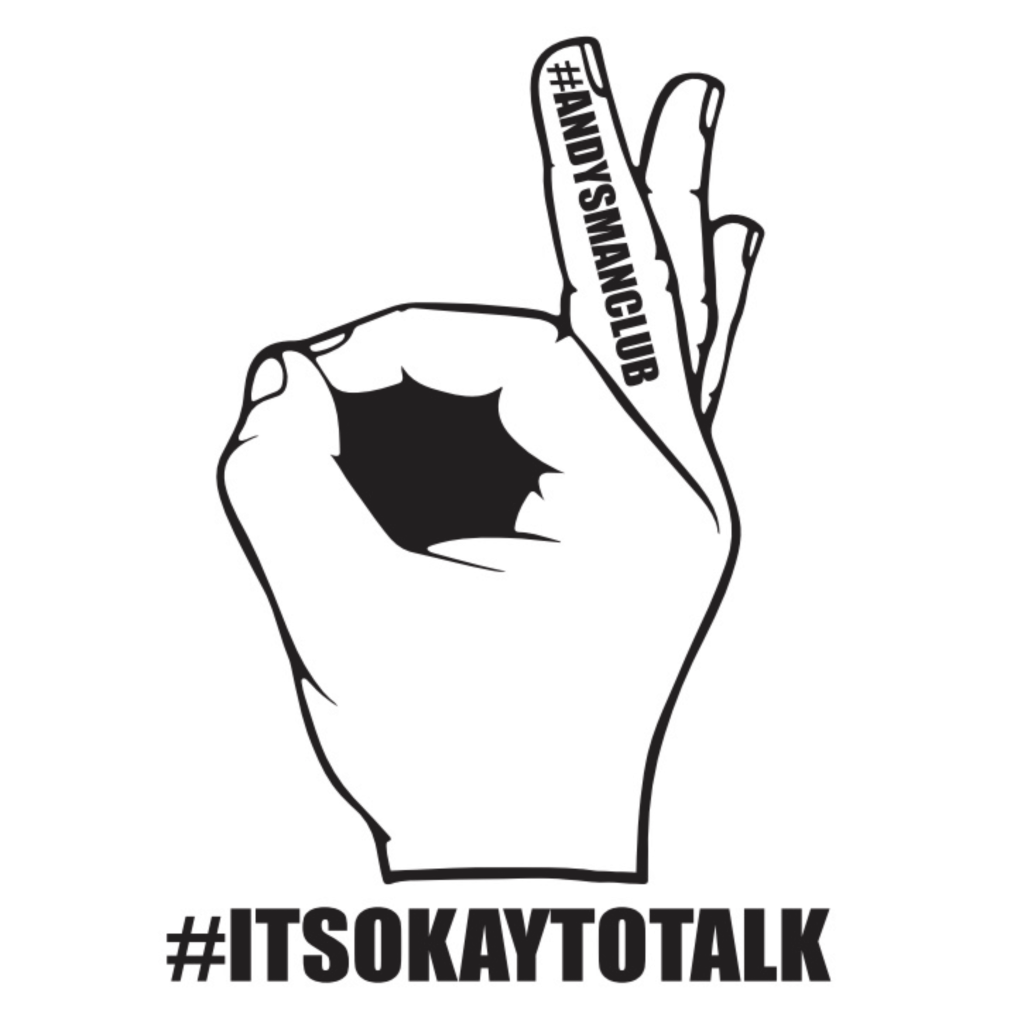How Modern Culture Misrepresents Stoicism for Men
Stoicism has become a buzzword in modern conversations about strength and resilience, especially among men. But the real philosophy is often misunderstood. In today’s culture, being “stoic” is wrongly seen as keeping emotions buried and pushing through pain without blinking.
This version of Stoicism is not just inaccurate. It can also be harmful. When men believe they have to suppress emotions to be strong, it can lead to stress, burnout and emotional disconnection. The original Stoic thinkers taught something very different.
Figures like Marcus Aurelius, Seneca and Epictetus never encouraged the denial of emotion. They believed in facing life with calm and reason, but also in understanding emotional experiences. Their version of Stoicism was about emotional mastery, not emotional shutdown.
What Stoicism Really Teaches About Emotional Resilience
At its core, Stoicism is about learning how to respond to life with clarity and strength. That includes emotions. The Stoics knew emotions are part of being human. Their goal was not to erase feelings but to respond to them with wisdom.
Emotions Should Be Understood Not Repressed
The Stoics believed that emotions arise from how we interpret events. That means emotions are not caused directly by the events themselves but by the meaning we assign to them.
If someone insults you, the automatic response might be anger. A modern misunderstanding of Stoicism might tell you to suppress that anger and carry on. But a Stoic response would be to pause, reflect and ask what the insult really means. Is it worth your peace? Do you have to believe it? The focus is on questioning your response, not ignoring the emotion.
Control and Acceptance Are at the Heart of Stoic Practice
The Stoics taught that some things are within our control and others are not. This idea is known as the Dichotomy of Control. We can control our actions, thoughts and responses. We cannot control what others think, what has already happened or many of life’s outcomes.
This way of thinking supports emotional strength. It helps men move through difficult situations without being controlled by frustration or fear. If something is outside your influence, Stoicism encourages you to let go rather than fight against it.
Stoicism Encourages Reflection Not Avoidance
The Stoics valued deep personal reflection. Marcus Aurelius wrote daily in his journal, exploring thoughts, emotions and behaviour. This habit was not about avoiding feelings but about making sense of them.
Regular reflection allows men to understand emotions more clearly. It helps build self-awareness, reduce impulsive reactions and grow emotional insight over time.
How Men Can Practise Stoicism Without Suppressing Emotions
Acknowledge Emotions Without Letting Them Take Over
When you feel something strongly, pause and notice it. Ask yourself:
- What triggered this feeling?
- Is my reaction based on facts or assumptions?
- What part of this is in my control?
This approach helps you respond from a place of clarity instead of reacting from habit.
Use Journaling and Mindfulness to Build Emotional Insight
Writing down thoughts and feelings can give them space without letting them run your day. It is a Stoic method that supports emotional processing. Mindfulness works in the same way. It allows you to notice feelings without being overwhelmed by them.
Focus on What You Can Influence
If something is bothering you, identify what is within your power. Can you change the situation? If not, can you shift how you think about it?
This helps reduce overthinking and anxiety. It turns your focus back to actions and responses that make a difference.
Strengthen Relationships Instead of Retreating
Stoicism is not about doing everything alone. The Stoics valued support, mentorship and human connection. Seeking help, talking things through and learning from others are all part of Stoic strength. Connection builds resilience.
Stoicism for Men Is About Mastery Not Detachment
The ancient Stoics did not teach men to hide their emotions or push them away. They taught that we should understand what we feel, examine why we feel it and choose our responses with care.
True Stoicism is not cold or distant. It is steady, thoughtful and emotionally aware. It invites men to be grounded in what matters, to respond rather than react and to face life with both reason and compassion.
By returning to the real meaning of Stoicism, men can learn to manage emotions in a healthy way. Not through silence or suppression but through clarity and conscious choice. That is strength rooted in self-knowledge. That is Stoicism as it was meant to be.















